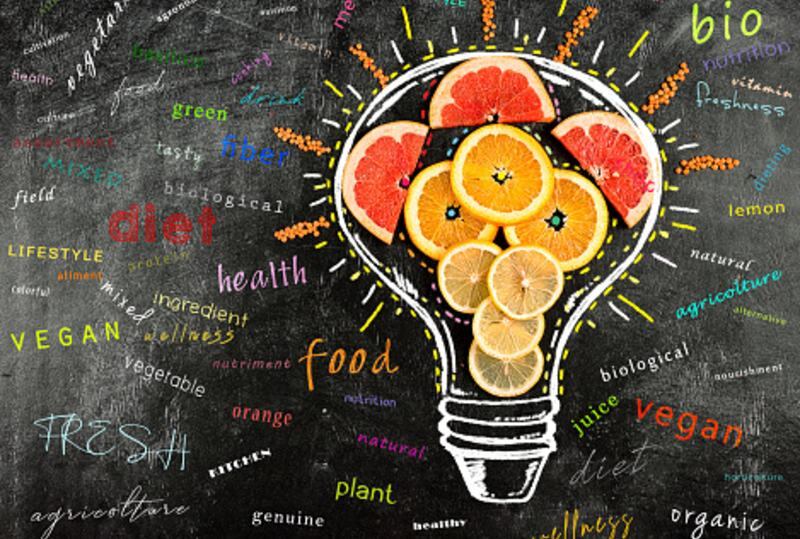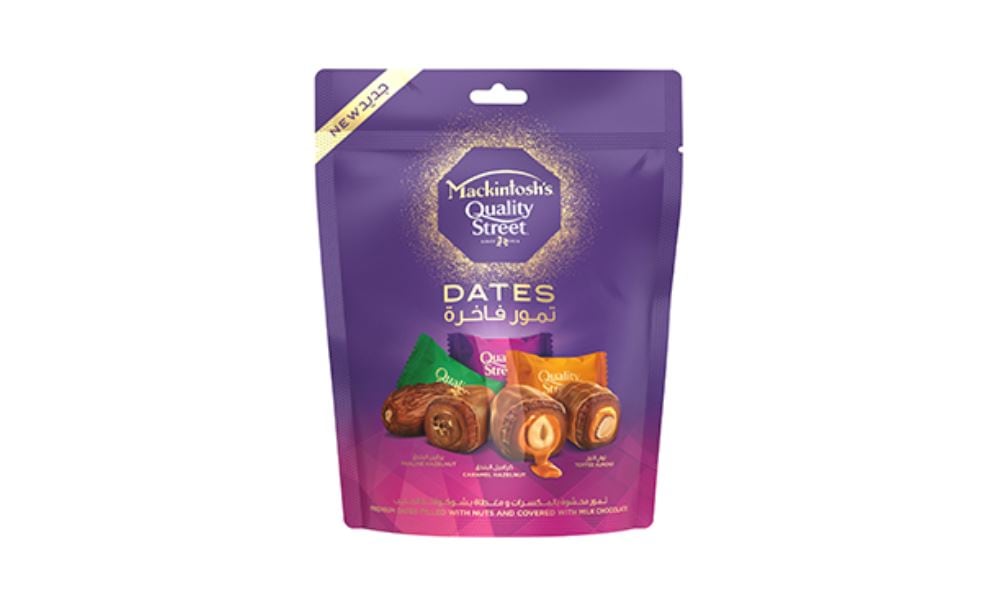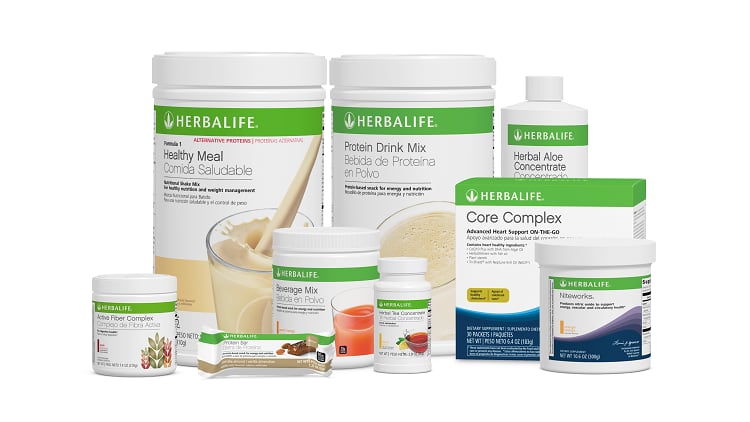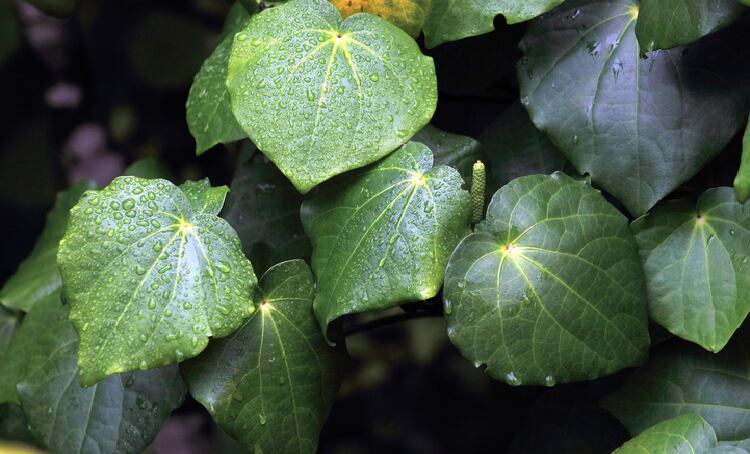Agthia is one of the region’s largest food and beverage manufacturers, and is best known for its prowess in the bottled water category as that is where a lot of its innovation has taken place over the years.
“Over the years, we have learnt that innovation is more than just formulation and reformulation – [there is also a lot of potential] in segmentation,” Agthia Executive Vice President (Growth & Categories) Ahmad Yahya told the audience at the recent Future Food CEO Thought Leadership Series virtual seminar on innovation.
“We have done this innovation in a variety of categories, from flour to bottled water. Living here in the Middle East, there is a lot of opportunity for innovating based on consumer segmentation based on cultures and geographies, as we cater to consumers from Arab to Central Asia to many other areas.
“There is no one-size-fits-all option here – everyone wants differentiation [and this] can be expressed as different products. [For example], we have a flour range [under the Grand Mills brand] with 24 SKUs, of which some products were developed based on the different segments here in the Middle East such as for the Pashtun people, or the Arabic bread flour and so on. The importance is to divide and see how you can add value for each segment.
“In addition, we have also done a lot of our bottled water innovation [based on segmentation] – it is how we developed the high-purity bottled water range Al Ain Bambini for babies, by targeting a core water purity need with no sodium, no fluoride, no bromates, no nitrates and so on.
“This is particularly pertinent here in the Middle East as we have one of the highest birth rates in the world, so a water that is gentle on babies’ stomachs and can be used with formula is a very applicable innovation and an example of how segmentation can be used for innovation, instead of just reformulation to reduce or add nutrients.”
Health and wellness also important
Another area of segmentation Ahmad described to be of significant importance was that of the health and premium product seeking consumer segment, particularly as the health and wellness trend is on the rise in the region.
“Consumers are finding health and wellness to be more and more important here, especially with the awareness that non-communicable diseases are causing over 60% of deaths in the Middle East, that more than 30% of people across the GCC are obese, and that Middle Eastern countries take five of the top ten spots for diabetes prevalence worldwide,” he said.
“As such, consumers are changing to place more importance on this, as are regulatory systems, so innovation has to trend in this direction as well.
“Agthia’s Al Ain Zero bottled water with zero sodium is an example of innovation here that has brought together health and premiumization, as has our Vitamin D enriched water. Many people in the Middle East are not getting enough vitamin D as we stay indoors a lot, but till now no one has managed to create an enriched water like this without affecting colour and taste.”
Taste is another area he emphasised on, saying that regardless of the health benefits, consumers will inevitably still seek out taste as an important purchasing factor.
“People are aware of the health statistics and numbers, but are unwilling to compromise on taste, which is understandable as we are not in the medicinal business and people still want to indulge so taste is paramount,” said Ahmad.
“So innovation here is much like a see-saw – it is necessary to balance both taste and nutrition/health in order for innovation to work, which is definitely a challenging task.”
Sustainability calls
It was also pointed out that sustainability concerns are fast on the rise in the Middle East, particularly with regard to carbon footprint reduction.
“Sustainability concerns are getting more and more important too, so innovation here needs to take this into consideration as well,” said Ahmad.
“It’s why Agthia has also just developed the Agthia Plant Bottle which is made from 100% plant-based sources, is 100% compostable, biodegradeable, renewable, recyclable and compostable. The key points here are that it reduces CO2 emissions and energy for manufacturing by 60%.
“This innovation is of course not without its challenges – for example, shelf life for this bottle is still much shorter than regular plastic bottles at just two to three months instead of the normal 18 months – but it is a good start, it has won multiple awards, and it will appeal to eco-conscious consumers which is an important aspect of innovation too.”





